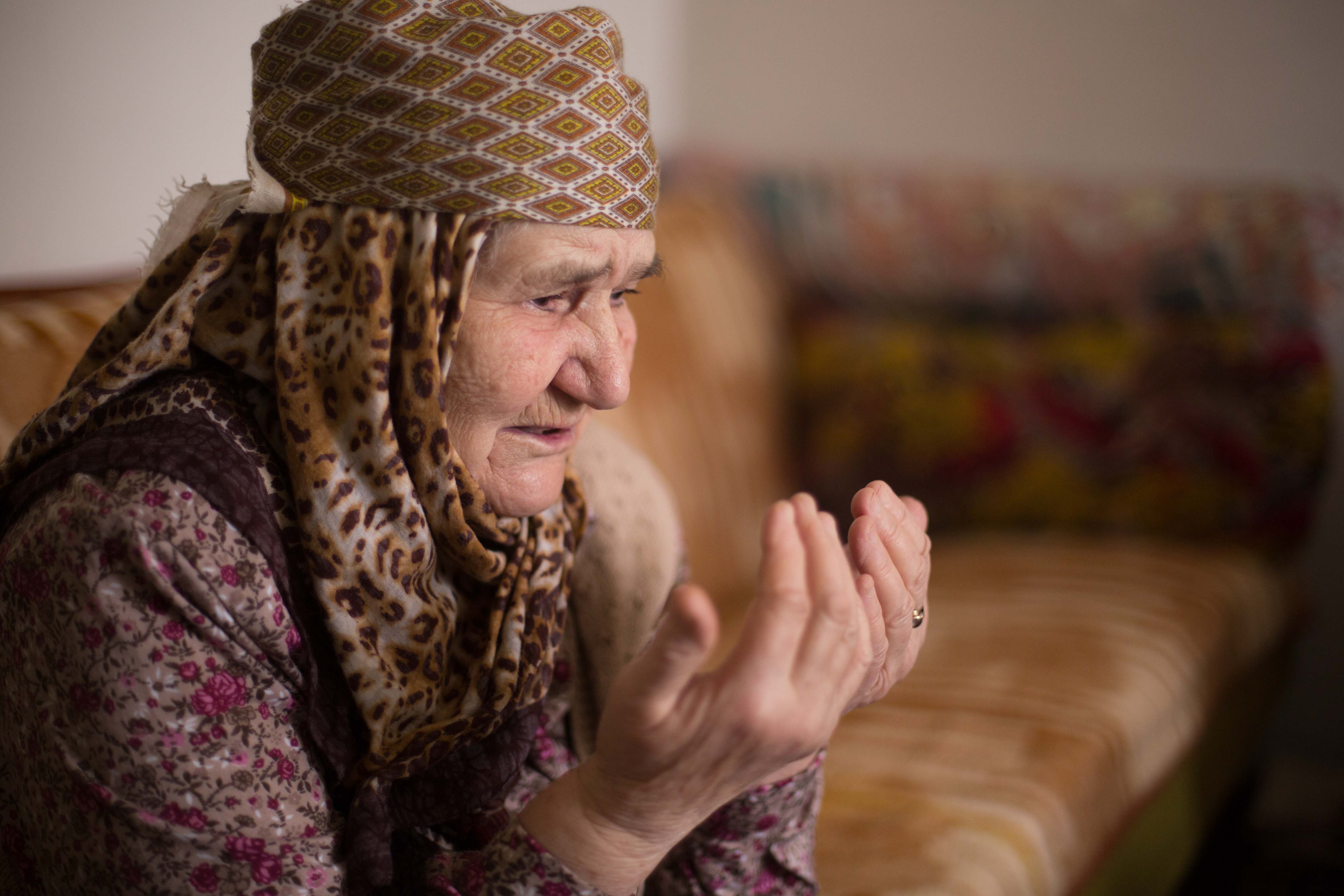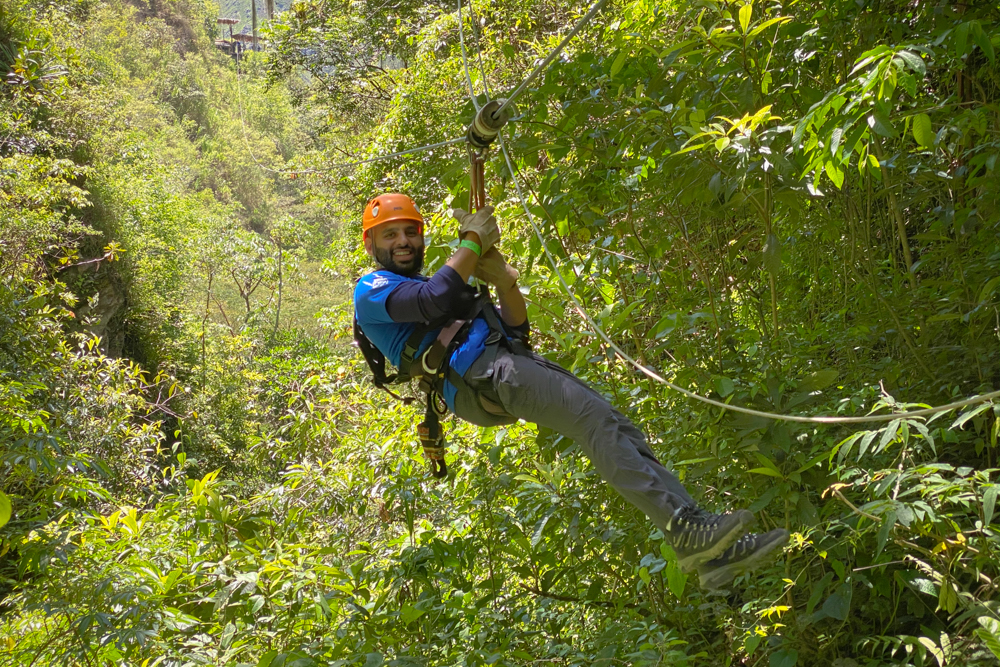Paving our Daughters’ Path towards a Suffer Free Future

When Khadijah Abdullah, Founder and Executive Director of RAHMA, first walked into the meeting room, I wasn’t sure what to expect. The meeting was titled: “Honoring our Daughters: The Effects of FGC in the DMV”. This struck me as odd. The Greater DC area? We keep hearing of practices of this nature in some countries, especially in Africa, but they always seemed very far away. Never in a thousand years would I have imagined that these practices could be performed here, at home.
A few minutes before I joined the lecture, I did some research about FGC in America and found statistics I didn’t expect, especially that I knew that it is illegal in the US. Over 51,000 women are at risk of this practice in the DC area and over a half million women in the US are survivors or at risk.
It is also shocking to know that at a time when we are emphasizing “Women’s Empowerment” around the world, a mother tells BBC radio about the importance of practicing FGC in her community and falsely thinks that her daughter cannot practice Islam unless she undergoes female circumcision!
Education has been, and still is, known as a powerful tool for rooting Women’s Empowerment in our society and all over the world. Many organizations have launched women’s awareness programs as well as national initiatives to support and alleviate girls suffering, one of which is a partnership between RAHMA ( Reaching all HIV+ Muslims in America) and The George Washington University (GWU). The project commits itself to a three-year period to address Female Genital Cutting (FGC) in DC, MD and VA (DMV).
But is educating women and showing them their rights enough to eradicate some old traditions?
I was impressed by one of IRUSA’s employees, who emphasized during the lecture the importance of educating mothers and mothers in law in countries where FGC is a common practice. Her argument was based on the strong influence these mothers have on the entire family and the power they execute over its members.
While I agreed to that statement, I found that, in the DMV area, there is a need for more women’s awareness programs that would help these women understand the health consequences of this practice and empower them to seek help if they have been a victim of FGC. This is particularly why I found the RAHMA and George Washington initiative a promising start towards tackling this sensitive issue.
As part of this initiative, RAHMA and GWU will examine the health care needs of women and girls who experienced FGC in the DMV and develop a toolkit to help medical professionals become more aware of this practice. The project is working with community partners, FGC survivors, and health care providers in the DMV to determine best practices for medical professionals, and detail the physical and psychological effects of FGC.
It is crucial to mention that many medical women’s health practitioners in the United States are unfamiliar with the FGC practice. “A woman almost died during giving birth to her baby,” said Karen McDonnell, Associate Professor at Milken Institute School of Public Health at GWU. “Most obstetricians and gynecologists in the US avoid talking to their patients who have undergone female circumcision about the possible labor complications until it’s too late.”
Being a woman from this culture, I do think that nothing will change if we kept silent. We need to effectively advocate for the rights of these women and encourage survivors in our neighborhood and community to speak up and contribute to Honoring our Daughters program. It is for our own and our descendants benefit. After all, we all strive for a better future for our offsprings, especially our daughters.
Nancy is a volunteer in the Public Affairs Department of IRUSA. She is also a former journalist and has worked for the Middle East Broadcasting Network in Washington D.C.



